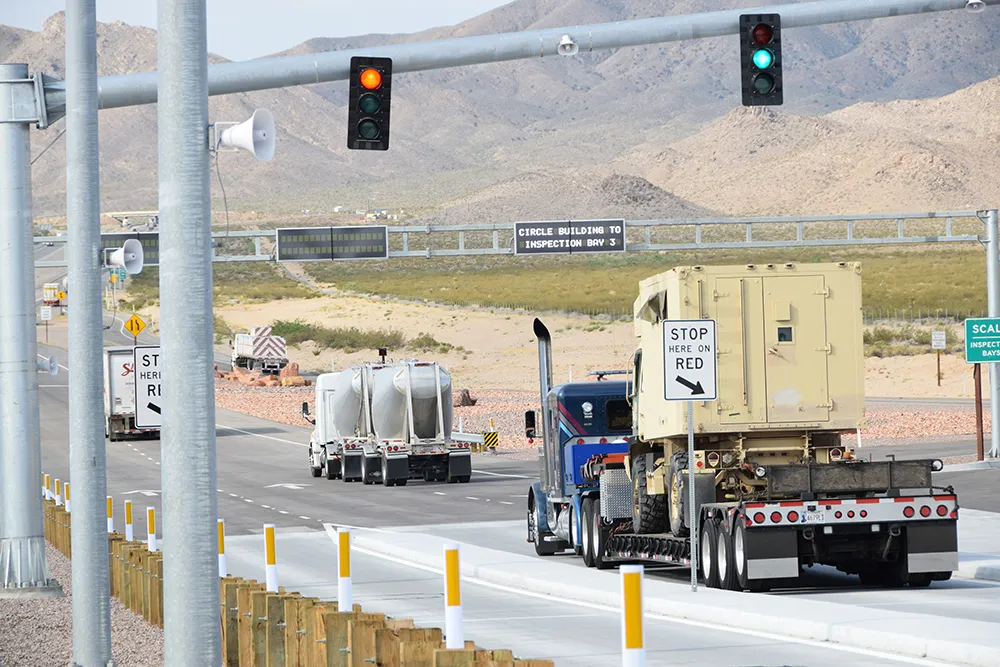London’s streets are set to be safer for all road users, say the members of the new London Freight Enforcement Partnership, which will build on the work of Transport for London (TfL) and partner agencies, including the Industrial HGV Task Force and Commercial Vehicle Units. It will further tackle unsafe HGVs and take any non-compliant and unsafe commercial vehicles, drivers and operators off London’s streets.
The partnership, between TfL, the Driver and Vehicle Standards Agency (DVSA), the Metropolitan P
October 13, 2015
Read time: 2 mins
London’s streets are set to be safer for all road users, say the members of the new London Freight Enforcement Partnership, which will build on the work of 1466 Transport for London (TfL) and partner agencies, including the Industrial HGV Task Force and Commercial Vehicle Units. It will further tackle unsafe HGVs and take any non-compliant and unsafe commercial vehicles, drivers and operators off London’s streets.
The partnership, between TfL, the Driver and Vehicle Standards Agency (DVSA), the Metropolitan Police Service and the City of London Police, will enhance the agencies’ enforcement work through better co-ordination of intelligence at both a strategic and tactical level.
The London Freight Enforcement Partnership will include more than 90 DVSA and police officers and a team of analysts, sharing intelligence and carrying out joint enforcement operations. Together they will have a range of expertise and powers to comprehensively address infringements, particularly by those who persistently do not comply with the law. This will also help the agencies work with the commercial vehicle industry to put serially non-compliant companies in London out of business.
The London Freight Enforcement Partnership will also make the most of powers at their disposal. This will include better use of automatic number plate recognition (ANPR) technology for targeting vehicles and feeding reports about identified operator and driver non-compliance to the Traffic Commissioner.
The partnership, between TfL, the Driver and Vehicle Standards Agency (DVSA), the Metropolitan Police Service and the City of London Police, will enhance the agencies’ enforcement work through better co-ordination of intelligence at both a strategic and tactical level.
The London Freight Enforcement Partnership will include more than 90 DVSA and police officers and a team of analysts, sharing intelligence and carrying out joint enforcement operations. Together they will have a range of expertise and powers to comprehensively address infringements, particularly by those who persistently do not comply with the law. This will also help the agencies work with the commercial vehicle industry to put serially non-compliant companies in London out of business.
The London Freight Enforcement Partnership will also make the most of powers at their disposal. This will include better use of automatic number plate recognition (ANPR) technology for targeting vehicles and feeding reports about identified operator and driver non-compliance to the Traffic Commissioner.








